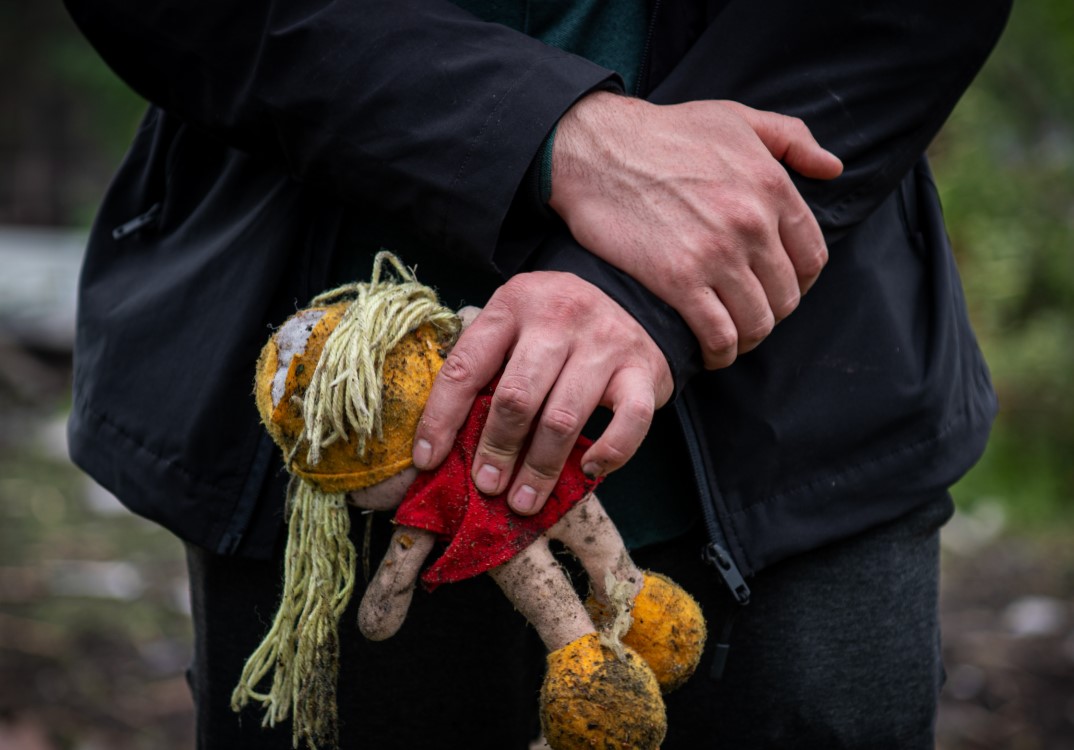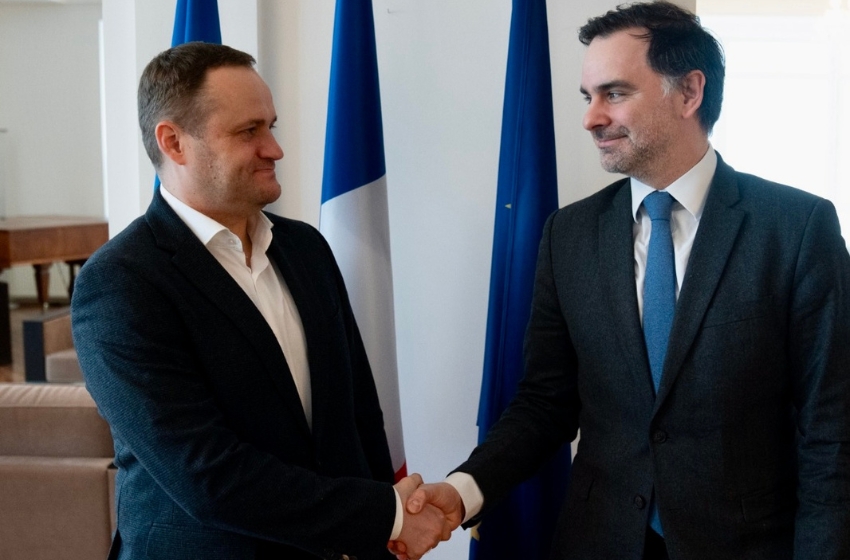In Ukraine, children living in front-line territories have been forced to spend from 3 to 5 thousand hours, or 4 to 7 months, in basements or metro stations during air raids over the past two years of war. This was stated in a statement by the United Nations Children's Fund (UNICEF) on the occasion of the second anniversary of the full-scale invasion.
UNICEF noted that since the start of the full-scale war in February 2022, air raid alerts have been issued about 3500 times in Zaporizhzhia and Kharkiv regions, and almost 6200 times in Donetsk region.
"Due to constant shelling, children in Ukraine have little opportunity to recover from the suffering and trauma of war, and every siren, every sound of explosions brings even more distress. Education gives children a sense of hope and stability, but millions of Ukrainian schoolchildren face problems accessing it or cannot study at all," said UNICEF Executive Director Catherine Russell.
She emphasized that the winter period is especially difficult when thousands of Ukrainian children are forced to hide in cold and damp basements because shelling has left their homes without heating, water, and electricity.
"The war in Ukraine has destroyed the childhood of many children. It has harmed their mental health and their ability to learn. Children have endured two years of cruelty and isolation, they are separated from their families, experience loss of loved ones and forced relocation, have problems accessing education and health services. They need an end to these horrors," Russell said.
According to UNICEF, at least half of the children aged 13-15 in Ukraine have experienced psychological consequences of the war, such as sleep problems, and every fifth child suffers from intrusive thoughts and memories, which are typical symptoms of post-traumatic stress disorder.
Three-quarters of children and young people aged 14 to 34 recently surveyed by the fund reported the need for emotional or psychological support, but less than a third of them sought help.
The organization sounds the alarm: 40% of children across Ukraine face difficulties accessing education due to a lack of appropriate conditions, and in front-line areas, half of school-aged children have no access to education at all.
"Children (during the war) have effectively lost two years of reading and a year of mathematics," the statement emphasizes.
At the same time, parents from different parts of Ukraine acknowledge that it is difficult for them to support their children, although in these difficult times, children need as much parental support as possible.
Over the two years since the start of the full-scale war, UNICEF has expanded its activities in Ukraine, and today the fund's offices are operating in Kyiv, Lviv, Odessa, Dnipro, Poltava, Mykolaiv, and Kharkiv, providing humanitarian assistance and critical support to children and their families.
The main goal of UNICEF's activities in Ukraine is to ensure children's access to health care, immunization, support for healthy nutrition, protection, education, safe water and sanitation, social protection, mental health, and psychosocial support.
In countries hosting displaced Ukrainians, UNICEF works with governments, municipalities, and partners on the ground to strengthen national systems that provide quality education, health care, and protection services to refugee children and children from vulnerable groups in host communities.
"Humanitarian principles, international humanitarian law, and international human rights law must be respected. Children need a chance to recover, and the best way to do that is to end the war," Russell said.





















